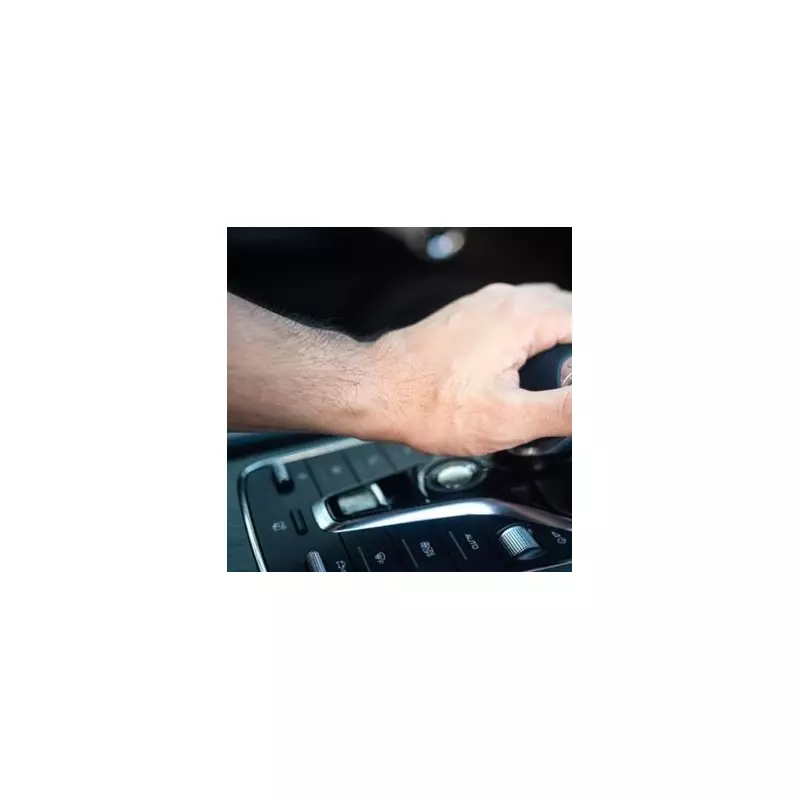
Millions of mature motorists across Britain are being urged to check their medicine cabinets immediately, as common prescription drugs could put their driving privileges at serious risk.
The Hidden Danger in Your Medicine Cabinet
New guidance reveals that numerous everyday medications, including painkillers, anxiety treatments, and even some over-the-counter remedies, could see drivers facing severe penalties if they fail to disclose their usage to the DVLA.
The consequences of non-disclosure are stark: drivers could be hit with fines of up to £1,000, and worse still, risk prosecution if involved in an accident while taking certain medications.
Which Medications Are Causing Concern?
Medical experts have identified several categories of drugs that require particular attention from drivers aged 70 and above:
- Strong pain relief medications containing codeine or tramadol
- Anxiety and depression treatments including benzodiazepines
- Sleeping tablets and sedatives
- Certain antihistamines that cause drowsiness
- Muscle relaxants and some epilepsy medications
Why Older Drivers Need Extra Caution
As we age, our bodies process medications differently. Drugs that might have minimal effect on younger individuals can cause significant impairment in older adults, affecting:
- Reaction times and coordination
- Concentration and attention span
- Judgment of speed and distance
- Overall alertness behind the wheel
"Many older drivers simply don't realise that their prescribed medications could be affecting their driving ability," explains a senior motoring advisor. "The combination of multiple medications can be particularly dangerous, yet this risk often goes unrecognised."
Protecting Your Licence: What You Must Do
Drivers are being advised to take immediate action to ensure they remain compliant with DVLA regulations:
Consult your GP or pharmacist about any potential side effects of your current medications that might impair driving ability. Be particularly vigilant about new prescriptions or dosage changes.
Complete the mandatory medical questionnaire when renewing your licence at age 70, disclosing all relevant medical conditions and medications accurately.
Monitor your own driving performance and be honest about any changes you notice. If you experience dizziness, drowsiness, or slowed reactions after taking medication, avoid driving until you've consulted a healthcare professional.
With proper awareness and proactive management of medication use, older drivers can continue to enjoy the freedom of the road while staying safe and legal.





